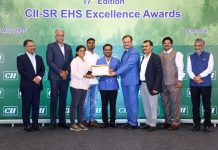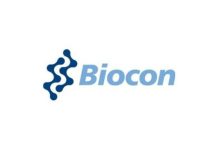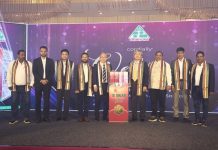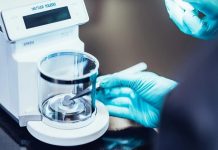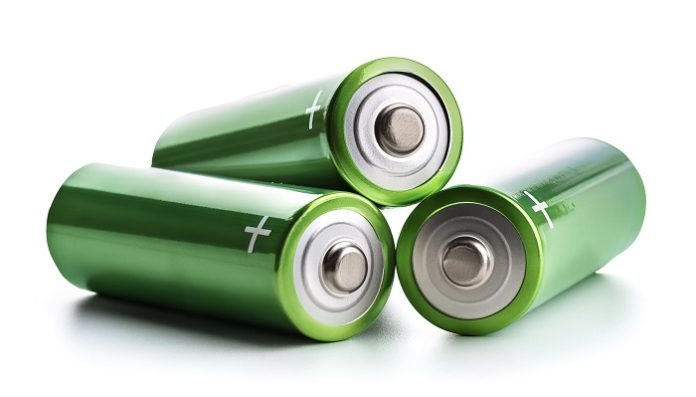Epsilon Advanced Materials (EAM) and South Korea’s Daejoo Electronic Materials (Daejoo) announced a strategic partnership to develop a Gen-1 graphite-rich silicon composite material aimed at enhancing the performance and efficiency of lithium-ion batteries (LiB) used in electric vehicles (EVs).
Joint Development Program
The collaboration will leverage EAM’s expertise in graphite and Daejoo’s advanced silicon materials to create a product that surpasses current lithium-ion battery anode technologies.
With support from Nagase, a Japanese trading company, the two companies aim to develop a cutting-edge solution that offers superior performance.
EAM and Daejoo plan to create Gen-1 graphite-rich silicon composite anode materials with a target capacity of 450 – 600 mAh/g.
The development promises to increase discharge capacity by 50% and extend the battery lifespan by thousands of charge cycles, which will contribute to the growing demand for longer-lasting and more efficient batteries in EVs and other applications.
Collaborative Efforts
As part of the agreement, EAM will supply synthetic graphite to produce and test SiOx-graphite composites in Daejoo’s laboratories.
Concurrently, Daejoo will provide samples for EAM’s testing. This will enable both companies to tailor the composite materials and assess their performance in different environments.
Both companies are working to qualify the SiOx-Graphite composite materials with their customers. It aims to introduce these innovative solutions to the market.
EAM expects to finalize the development and evaluation phase by the end of 2024. Afterward, they will collaborate with cell manufacturers to qualify the materials for commercial use.
Strengthening Position
Vikram Handa, Managing Director, Epsilon Group stated, “Through continuous R&D efforts like these, we are focused on driving battery innovation. Upon completing our rigorous in-house evaluations, we will be positioned to meet the evolving needs of the mobility industry. We will offer high-performance, safe battery solutions.
Dae Woon Park, MD of Daejoo Electronic Materials, highlighted the strategic importance of the partnership. He emphasized its role in expanding their global footprint, particularly in India.
Park said, “Collaborating with EAM strengthens our presence in the rapidly growing Indian market. It also supports our global strategy of developing advanced materials tailored to the diverse needs of our customers.”
The Benefits
The silicon-graphite composite materials represent a major leap forward in lithium-ion battery technology.
By combining the high capacity of silicon with the stability of graphite. These composites provide a more efficient and durable alternative to traditional graphite-only anodes.
As reported by pv-magazine-india.com, the breakthrough addresses the demand for higher performance, faster charging, and longer battery life. This makes the materials ideal for the automobile industry and other sectors that require high-power energy storage solutions.


